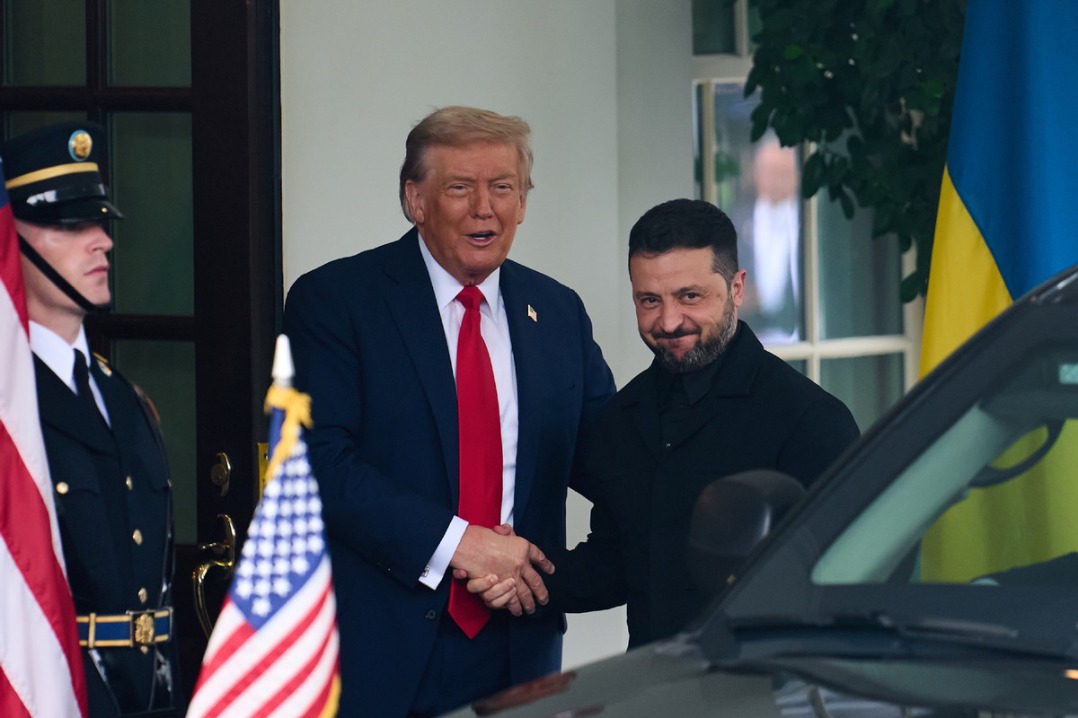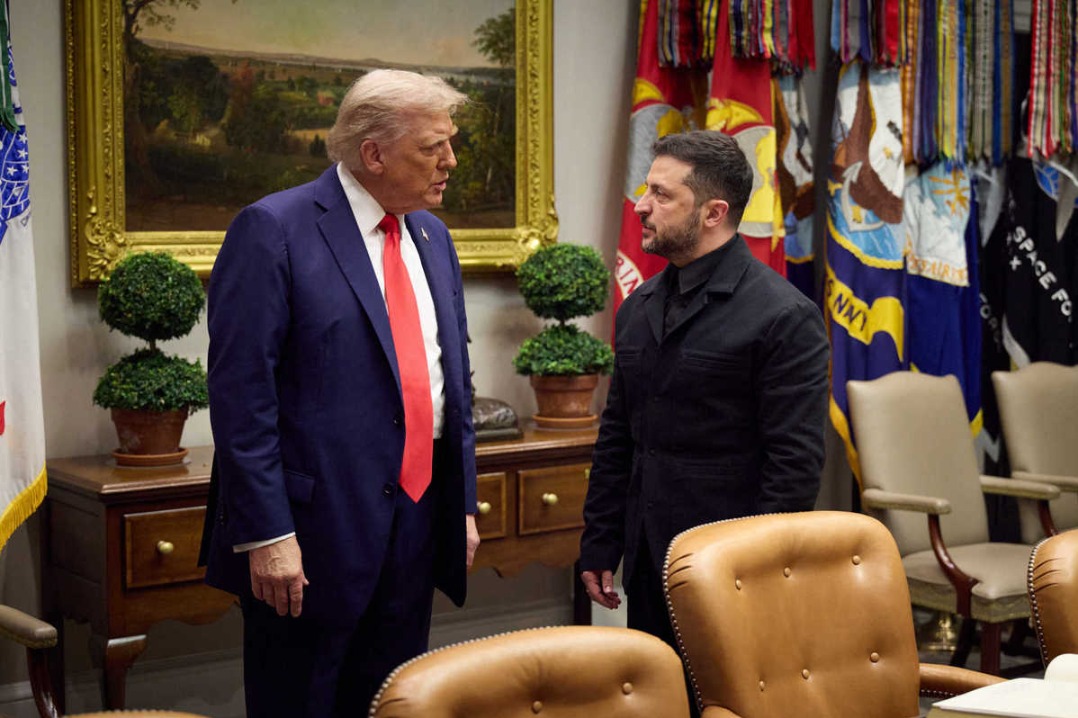US IP experts hail progress made in China

Constructive bilateral relationship in technology seen as vital to world
Amid mounting tensions in the technology sector between the United States and China, intellectual property law experts are calling for more cooperation to benefit both countries and the world.
"The future of US foreign relations is going to involve two components: one is China and the other is everything else, because China is such an important relationship," said David Kappos, former undersecretary of commerce for intellectual property and director of the US Patent and Trademark Office.
"We need to have a constructive relationship, and that means understanding, and it means having people who are experts on China, and it means being able to have ongoing dialogue and build relationships and all of that."
Kappos was speaking at a recent webinar attended by IP law scholars and practitioners in the US.
"There's absolutely no downside (in cooperation); there's all upside in it, and it has a huge positive impact with relationship building, and in order to help move both our countries forward."
He used his own experience to illustrate the importance of recognizing that China has come a long way with its intellectual property system.
During the 1990s he worked for IBM in the Asia-Pacific region, Kappos said, China was far behind the US. "We were talking about basics in the trademark area, the copyright area, the patent area and the trade secret area. They did not even have a trade secret law."
"And here we are now, 25 years later, China's IP laws are every bit as robust as ours. In any other country in the world, they're world-class across the board now."
In some ways, China's patent law even excels that of the US', taking the Section 101 of the US patent statute subject matter eligibility as an example, he said.
"It's pretty clear that China and Europe are both far more rational in open and innovation-friendly regimes to patentable subject matter than the US, so I think in any fair assessment you'd have to say China is equal to and has surpassed us in that regard."
Kappos also commended the "very nice job" that the China experts say was done in advancing its IP court system.
He recalled his first visit to the then "brand spanking new" IP High Court in Beijing, founded in 2014, and found facilities "that still don't exist in the US".
"In the lobby of the building, you could literally look up hundreds and hundreds of cases and see the video of the hearings," Kappos said. "There are now appellate courts and courts of first instance that specialize in IP. There's a Supreme People's Court Tribunal for IP, and there's a lot of expertise there. So, there's the ability to adjudicate IP disputes at a very high caliber."
Don Rosenberg, vice-president and general counsel of Qualcomm, echoed Kappos's comments, saying the IP courts are really impressive.
"Ten years ago I was invited by the then state intellectual property office head Tian Lipu, a very impressive fellow who believed in intellectual property and enforcement of intellectual property rights," he said.
"As we look back now we see that the efforts continue apace even more rapidly. And it's incredibly impressive, not only in terms of the innovations and patent portfolios they've established there, but also in terms of the court system."
'Relatively successful'
He told of Qualcomm's "relatively successful" experience in China in pursuing intellectual property rights and other rights under the regulatory regime to demonstrate China's progress in IP litigation.
"We have had very good experience there when it comes to patent litigation, during the course of our dispute with Apple, which Apple commenced in the US with a complaint against us," Rosenberg said.
Impressed by China's efforts on the IP front in the past 10 years, Rosenberg also said China should continue in that direction because eventually it would be more than simply a manufacturers for the world, but developing a large portfolio of its own patents, and then it would need to ensure that it appreciates and respects others' patents, so that its will ultimately be appreciated and respected as well.
































